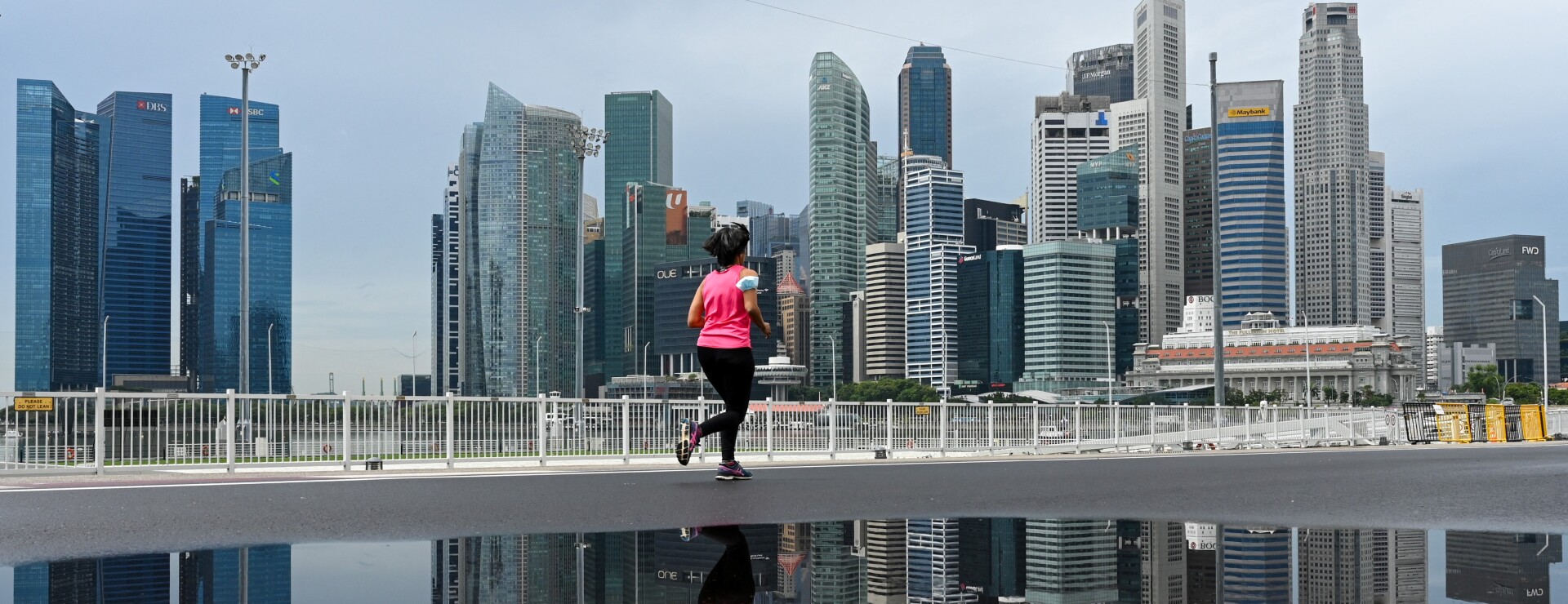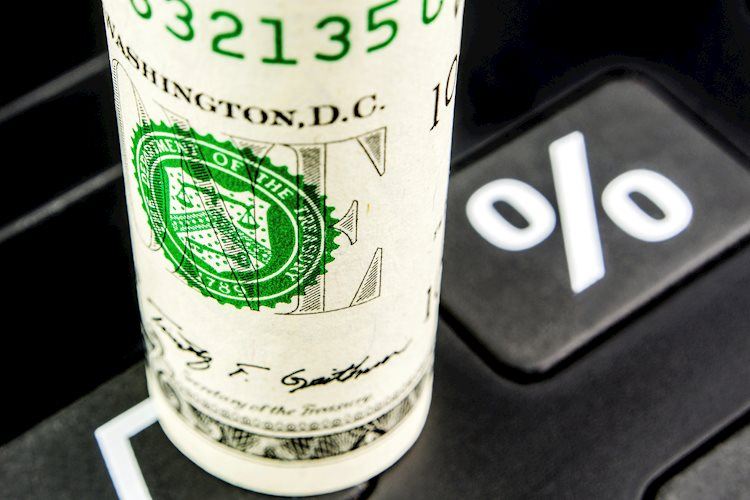India has recorded the “highest ever” annual FDI (foreign direct investment) inflow of USD 83.57 billion in 2021-22. But Also at the same time the government is looking into rapidly rising Foreign Direct Investments (FDI) from offshore tax havens such as the Cayman Islands as possible instances of corporate round-tripping of profits.
While inbound FDI from tax havens has risen over the past few years, estimates released by the Department for Promotion of Industry and Internal Trade (DPIIT) show it spiked to an unprecedented level in 2021-22 (FY22).
With $3.82 billion of investments, famous offshore tax haven the Cayman Islands was the fifth largest source of FDI for India in FY22, up from being the sixth largest in FY21. The self-governing British territory, located in the Caribbean, has gone ahead of traditional FDI sources such as Japan, the United Kingdom, and the United Arab Emirates.
Senior officials say the DPIIT is wary of inflows shooting up from tax havens, which are generally defined countries or places with very low effective rates of taxation for foreign investors. Even if seen as pure investments by foreign entities, these flows tend to be volatile and unsustainable, they stressed.
“The Department has taken note of the increasing amount of investment from these nations. These can be instances of potential round-tripping of profits by Indian entities. The issue has been discussed with the Corporate Affairs Ministry,” said a senior official.
Tax havens
Equity inflows from the sunny Caribbean jurisdiction have remained consistently high over the past few years. In the pandemic hit FY21, they stood at $2.8 billion. Before that, inflows had risen to $3.7 billion in FY20 from $1 billion in FY19.
Located nearby, the tiny British Virgin Islands is now the 23rd largest source of investments into India. It pushed in $189 million in FY22, up from $121.5 million in FY21, a small figure but a big jump over the $46 million it sent in 2018-19.
The two United Kingdom dependencies were ranked first and second in the 2021 Corporate Tax Haven Index (CTHI), released last week by the Tax Justice Network, an independent international network advocating against tax avoidance. The CTHI ranks the world’s most important tax havens for multinational corporations that erode the tax revenues of other countries around the world.
Foreign direct equity investments reaching India in the last financial year fell 1 percent to $58.77 billion, down from $59.63 billion in FY21, according to the data released by the DPIIT last week. However, taking into account all forms of FDI, including reinvested earnings, the country recorded the highest-ever annual overall inflow of $83.5 billion in FY22, up 2 percent from FY21’s $81.9 billion.
Larger nations present
It also lists larger, more formalised tax havens such as the Netherlands, Switzerland, and Cyprus as continuing to be major hubs used to conceal corporate profits. As of March 2022, the Netherlands was the fourth-largest source of historical FDI (since 2000) for India, followed by Cyprus (10th largest) and Switzerland (12th largest).
In the last financial year, the Netherlands sent in equity investments worth $4.6 billion, up from $3.1 billion in FY21. Equity investments worth $233 million came in from the Mediterranean nation of Cyprus, lower than its $386 million level in FY21. Investment flows from European principalities such as Luxembourg also rose.
Figures presented by the government to Parliament in 2018 had shown that FDI from nations widely regarded as tax havens began spiking in 2017-18.
However, FDI into India continues to be led by liberal tax hubs such as Singapore, which remains the largest source of FDI for India for the second consecutive year, as of FY22. It pushed in $15.8 billion, followed by the US (10.5 billion) and Mauritius ($9.3 billion).
Since 2000, Mauritius has been the largest source of foreign funds for India, pumping in around $157.7 billion, or more than a quarter of all inbound FDI over this period. Meanwhile, Singapore has been the second-highest with $130.9 billion.Officials said inflows from Mauritius have been affected after the agreement on double taxation avoidance was signed in 2017, after which inflows from Singapore increased.
Interestingly, inflows from China’s special administrative region of Hong Kong have remained subdued. Investments from Hong Kong stood at $94 million in FY22, after touching $140 million in FY21.



















